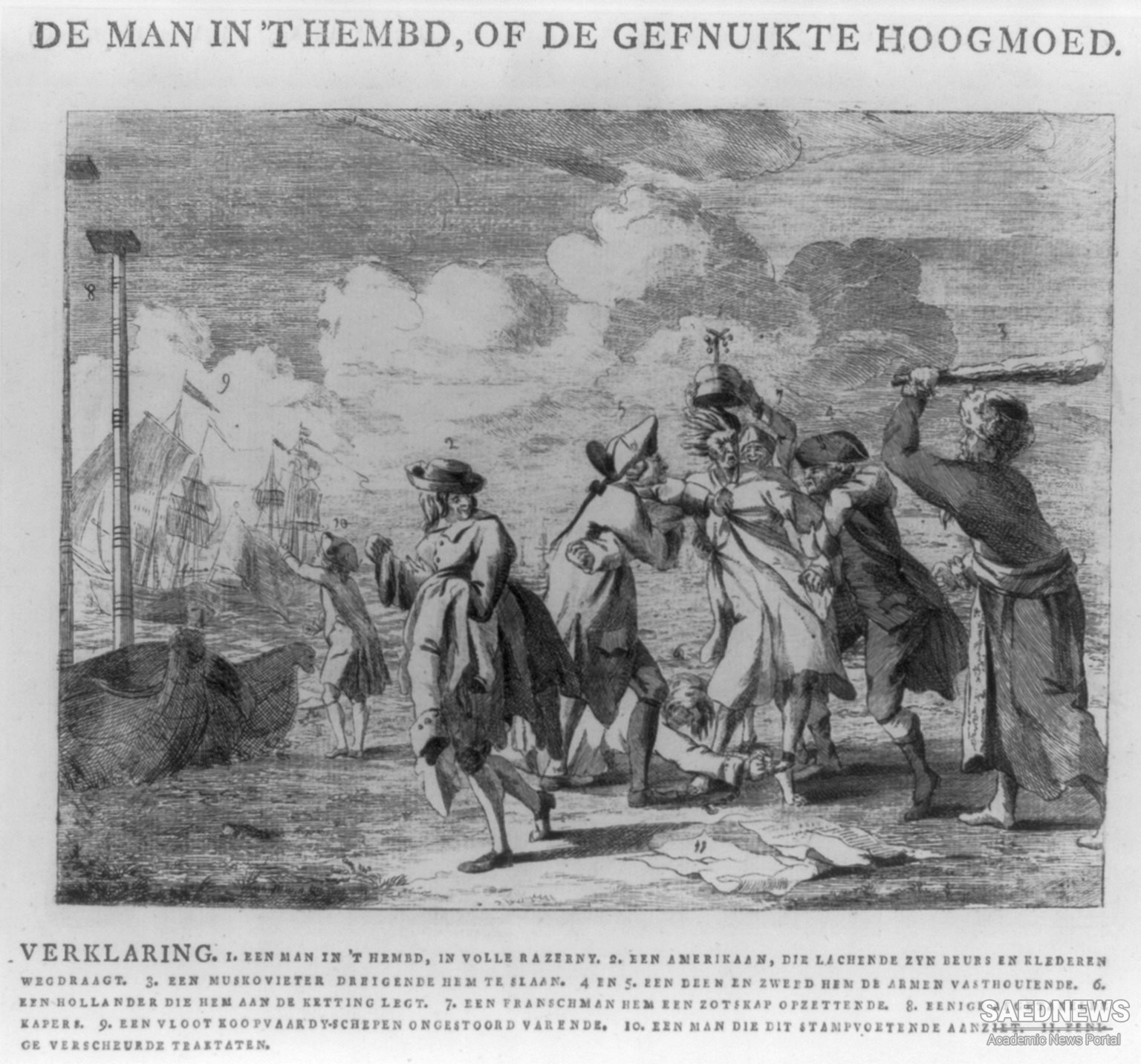The founders of the republic had advised keeping distant from foreign wars. In his farewell address, George Washington famously urged Americans to avoid foreign entanglements, “to steer clear of permanent alliances with any portion of the foreign world.” Thomas Jefferson wanted the new republic “never to take active part in the quarrels of Europe.” Traditionally the United States allowed unrestricted trade with nations at war. When the United States entered World War I, however, the tradition of neutrality was cast aside, and trade with Germany was banned. After the war reports that US corporations had financed and armed both sides in the conflict created a determination among many Americans to ban all trade with belligerents. A growing number of people supported a policy of remaining neutral and embargoing all belligerents as a way of preventing economic interests from dragging the nation into war again.
While most Americans favored noninvolvement in foreign conflicts, they differed on whether neutrality should be absolute or discriminate. Pacifists and isolationists wanted to impose a policy of strict neutrality, which would require the United States to impose an arms embargo and other sanctions against all parties engaged in armed conflict, victims and aggressors alike. This position implied moral equivalence among belligerents, as if there were no difference between a country that launched a war for conquest and one that fought for self-defense. Internationalists and many progressive peace advocates favored a more discriminating approach. They were troubled by the idea of absolute neutrality. How could one be neutral in the struggle between defenseless Ethiopia and aggressive Italy? Remaining aloof in the face of gross injustice or military aggression seemed unacceptable morally and politically. They believed that the United States had a responsibility to take a stand against aggression. While it was important to stay out of armed conflicts, internationalists and progressives agreed, it was necessary at times to choose sides. This meant that sanctions should be imposed against aggressors but not their victims.
The National Council for Prevention of War favored absolute neutrality but also developed an internationalist stance in support of cooperative efforts to prevent war. The council claimed that “measures withholding aid from all belligerents in any conflict” would help to keep the United States out of foreign conflicts and “act as a deterrent to war.” As council leader Frederick Libby explained: “We support this [neutrality] legislation, while at the same time we cherish no illusions that efforts to keep out of a general war are any substitute for the prevention of war through the World Court and a revised League of Nations.” The council called attention to economic exploitation and imperialism as root causes of war and urged the United States to support self-determination for oppressed people and equality of status for all nations.
The Roosevelt administration initially opposed neutrality legislation, but the momentum for keeping the United States out of foreign conflicts and controlling the munitions industry was so great that the White House had to yield to political reality. The Neutrality Act that passed Congress in August 1935 was a compromise. It imposed arms embargoes on all belligerents in time of war, but it gave the president discretionary power to determine when a war was taking place and thus when embargoes would be applied. The Act also created a National Munitions Control Board to license and supervise all arms shipments. Peace supporters generally supported the Neutrality Act, but many were troubled by the isolationist tendencies reflected in the legislation. The Federal Council of Churches stated, “The churches, in supporting neutrality, are not to be understood as endorsing an isolationist policy.” National peace groups also sought to distinguish their position from isolationism, but in practice their support of neutrality legislation placed them in tactical alliance with Senate isolationists.


 Passchendaele
Passchendaele














































